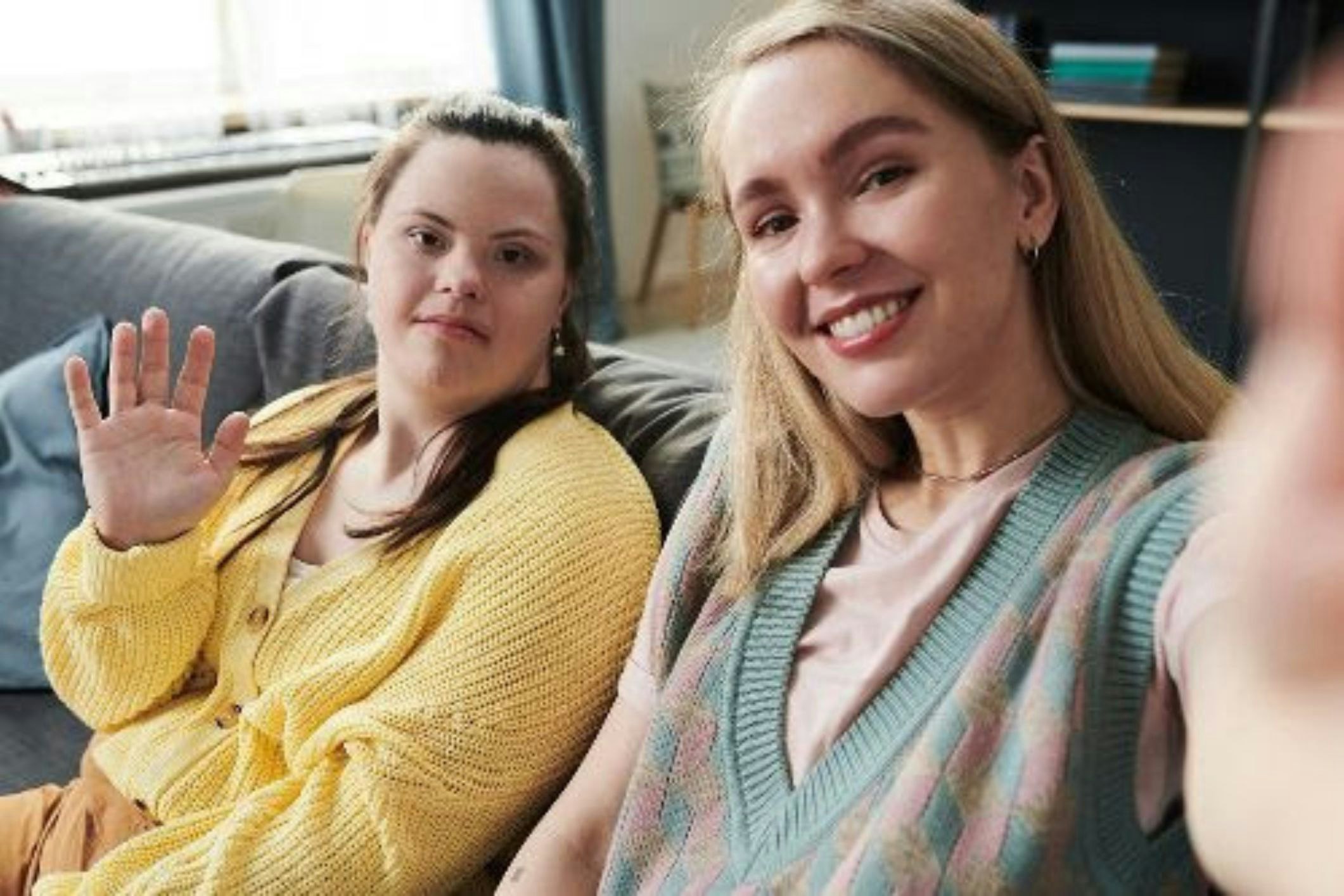Libby’s story is shared by many siblings of persons with disability

Over the last 24 years, Siblings Australia has developed a national and international reputation for its work with families and the professionals who support them, along with ongoing advocacy and research efforts. As a not-for-profit and registered charity, Siblings Australia invest any monies raised back into the programs and supports they offer to siblings.
Key points:
- 84% of adult siblings reported family stress was an issue during their childhood
- 66% of adult siblings reported anxiety during childhood
- 54% of adult siblings reported depression during childhood
The Australian Bureau of Statistics tells us that in 2023, over five million Australians are living with a disability, but consider the fact that they belong to a community — to families — many with siblings. This means that many siblings of children and adults with disability have turned to the national organisation Siblings Australia, in order to help them process their emotions and work through their situations.
Libby’s* story reflects the widespread and heavy toll that comes with increased attention on another sibling to support their needs during childhood, leading to a sense of neglect and stress.
At roughly 10 years old, Libby’s parents sat her down and had a conversation with her about her sister, Georgia*, and how she wasn’t exactly like other kids.
When Libby reached the tough teenage years, the sisterly bond between herself and Georgia started to change. Naturally, Libby wanted more independence in her life, operating in her own social circles, trying to branch out and do things without factoring in Georgia. Teenage years are already some of the hardest, so adding in the complexity of a sister with disability and the range of emotions it comes with can make this time in life even more difficult.
Libby felt that she’d become disconnected from her sister and her parents, which is not unusual for siblings of someone living with a disability. At first, she didn’t know who to turn to, because carers, people with disability and parents are at the forefront of support, but what about siblings? After a quick Google search, Libby felt gobsmacked, happy and relieved to find the organisation. Not only was the organisation located in her country, but its sole purpose was to provide support to people like her.
Libby believes her struggles with depression, self-harm/suicidal ideation and anxiety had stemmed from feeling confused and unimportant during childhood and adolescence. She’s managed to overcome many challenges and withdrawn behaviour patterns through reaching out for support and accessible pipelines for her mental wellbeing.
“It’s like I can’t help but feel invisible, since childhood,” says Libby, noting that she is continuing to improve her own self-worth through Siblings Australia. Libby strongly believes that having a sibling with a disability can have a profound impact on mental health, but that it isn’t talked about or addressed enough.
Today, Libby and Georgia have overcome their family rift during teenhood and now have a great relationship after reaching out to Siblings Australia for a family visit. With that in mind, Siblings Australia were kind enough to share the brave and inspiring story with Talking Disability, as the organisation is hoping that people may donate to help foster other great outcomes such as this.
*For the purposes of this story, Libby and Georgia’s identities have been protected to ensure privacy for the family. Right now, Libby isn’t ready to discuss her struggles with her parents, but hopes to do so in the future.